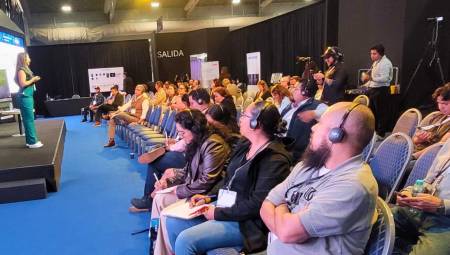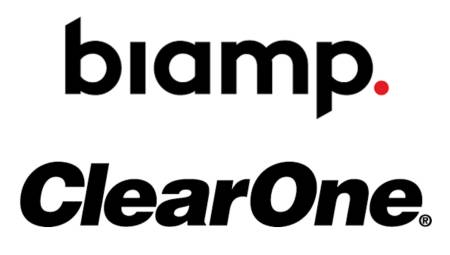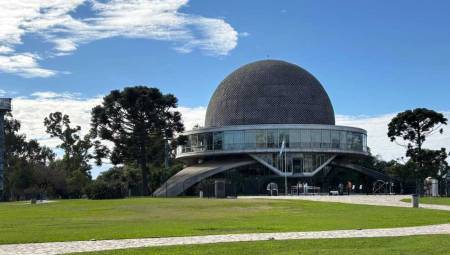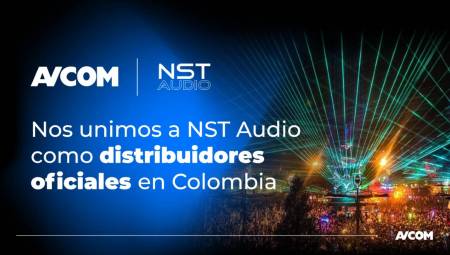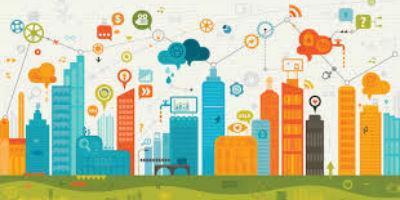 Latin America. We hear a lot about the internet of things, IoT, and we dream of seeing it implemented. The idea of machines connected to the internet that send us information and alerts of what they need or what we need is fascinating.
Latin America. We hear a lot about the internet of things, IoT, and we dream of seeing it implemented. The idea of machines connected to the internet that send us information and alerts of what they need or what we need is fascinating.
Gartner predicts that by the end of the year there will be 4.9 trillion connected "things" around the world transforming the way we work and live. And in this sense, we see certain sectors that are mature enough to be transformed thanks to this technology:
Smart cities
The Internet of Things is the key to creating and managing smart cities by allowing you to manage a building, a set of buildings or an entire city from any device and anywhere. With this system, operators can manage everything from traffic to irrigation systems, sewerage, utilities, lighting, parking lots and much more.
The concept of "everything connected to the internet" is getting closer and promises to bring many benefits for our personal lives, but also for the development of business. Technology at this point is key and betting on its development will be what really generates an advantage and allows us to differentiate ourselves in an increasingly competitive and global world.
Transport
It is estimated that in the near future cars will also be increasingly connected. This will allow them to be almost automatic, but it will also revolutionize fleet management. This will make it possible to analyze driving styles, reduce costs and track fuel consumption. It also provides maintenance and mechanical alerts, as well as alerts related to personnel and delivery tracking through geolocation.
But beyond this aspect, connected transport implies better management of the city's traffic. For example, in Santiago de Chile there is a vehicle traffic monitoring system that analyzes the level of congestion of the roads, the speeds of the cars, among other data. Cloud computing has a key role in this so that municipalities can have the information stored and available without investing more in IT infrastructure.
Public Services
Smart public services is something that is already being implemented in some countries and that we will see grow. It is basically about being able to measure the use of water, electricity, gas, etc. The promise of these solutions is that utilities will be able to maintain the highest standards of service availability and will be able to minimize waste while gaining more valuable insights into the behavior of their networks.
Vending machines
The Internet of Things can give new opportunities to the vending machine business. By developing a connected coffee machine, great benefits can be achieved that result in a better service experience to customers.
In this sense, it is possible to maintain a high quality of the coffee by controlling the stock levels and the maintenance needs of the machine; for example, you can track the workload you currently have and recommend when maintenance would be ideal.
It also monitors temperature, vibration and pressure to ensure that the coffee the machine makes maintains high quality standards. The system can also monitor common-order supply levels and detects and anticipates problems by analyzing the data it collects.
Smart agriculture
At present, connected sensors already exist and are available for monitoring the presence of insects, climate, soil moisture, among others. Together, these intelligent systems give farmers full control of production throughout the growing season by being able to access this data from different devices and locations.
As these systems are connected, farmers can be quickly alerted if sensors detect that action is needed to protect their crops. Smart agricultural solutions are not limited to just crops, there are solutions to monitor herds, track the ovulation cycles of livestock, among others. Other benefits include optimizing water use and pesticide use.
Text written by Samir El Rashidy, Director of Orange Business Services for Latin America.



































































































